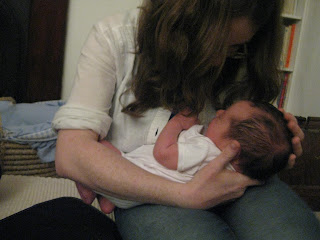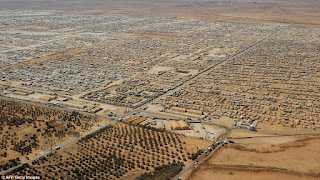Lebanon in the late 2000s
While
writing about the hypothetical “concerns” of entities that command the budgets
of small countries – and have about as much will for participatory decision
making – I am reminded of my own experience in the country I am ostensibly writing
about. Those chequered, pot-holed bus journeys over lurching shoulders of land,
before I deigned to wonder if anything to Hezbollah lay beyond its rhetorical
wars on Bush. That stupefied politics that lulled us into slumber in our late
teens. Because it was so clear who your enemy was, you lazily simplified them
and their enemies.
For me,
that was a time of concern for human nature and its moral and ethical squabbles
rather than the communal behaviour prevalent in any portion than that I could
see with my own eyes in one room. I humorously kowtowed to Syrian censorship
with a smirk so unsophisticated it was little more than obedient. Without a
thought for the political motivations of its adversaries. My only intentions to
break it lay in reading poetry espousing the government’s passive disregard for
the economy – and the drying up of rivers – whose subtlety and double meanings,
of course, flapped soundlessly past.
History,
I was told once by a girl who was my friend and colleague, is easy. A matriarch
with no context, whose whereabouts now is a matter of dust and open sky, she
told me there was Salah Al Din, and he built that castle, and then there were
the French, who waged that war, and then the Syrian government, who made it all
alright again. What else did I want to know? Here question had no evasive
undertones. She meant exactly what she was asked. And that narrative will
continue to matter. Even though as long as we view their political and cultural
conditions as malleable, we will continue to see the human beings who define
themselves by them – at least in their interactions with the wider community –
as malleable too. But we must view them as malleable to remain progressive
rather than defeatist, comes the niggling voice.
My
journeys to Lebanon were always escapes. They seemed like lucid visions of a
world in its corrected, yet slightly harrowing form. They felt like release,
but lose too. Like late childhood is supposed to feel in epic re-enactments of
life’s stages in dreams and tapestries and tales of the most confident sort –
of the type of iconic symbolism reserved now only for religion and “the
economy”. And and yet which, detail and the wily, retrograde movements of time
– never allow it to be.
Having
been brought up in a rabid, grinding city, where commercial structures and
their affiliated symbolisms were the main mediums of communal affiliation,
Beirut should not have shocked me. Of course, the most visible differences
between it and both the city I grew up in (London) and the one I lived in
(Damascus) were the bullet holes. They gaped hard and black in almost all the
large buildings, those iconic hillside hangers you passed as the sun split like
a peach whose juices have at last escaped the thin clinging skin holding them and
infiltrated the lacy cloud beneath, stirring up its shadows and after thoughts
so to stop every single car passing the toppled ridge with the collapsed bridge
beneath, lying like a defeated diplodocus whose spine is still intact. Men,
women and kids stayed there on the valley edge, frozen in the sun’s path. And
you wondered if the whispers of anyone who’d died were watching too. But you
didn’t need or want to ask, so immediate was the present.
In some
places, there were blackened tanks, and everywhere there were soldiers,
confidently straddling the backdrop of the soft rolling hills and pines that
might happen, at any moment, in that ever rolling sphere they rode, to appear
between their legs. Their check points were strikingly humanly organised – in
contrast to the solid old bullet-strewn Ottoman buildings, clearly put there by
some higher order now disintegrated, or helplessly, lazily, replaced. And the
evasive billboards – too high for reach, preening some imaginary vision of the
ever desirous individual – to which craning heads and leaning, trustful,
inherently excluded eyes, seemed the only audience.
The
checkpoints were human constructs. Ways in which will, dismay, regret,
disregard, could all materialise and impact every single human being who passed
through that artery road. In that way, they appeared genuine. The result of
humans, in the occupation they actually practiced. Business journals might
fixate on bankers or oil engineers, but really, almost everyone here – at least
the citizens – that is – had been – or was – a soldier. There they stood, in
this triumphant period of their lives. Unlike us, who were seeing them,
perhaps, as representations of some affiliation, they were seeing their own
future and their own past.


Comments
Post a Comment